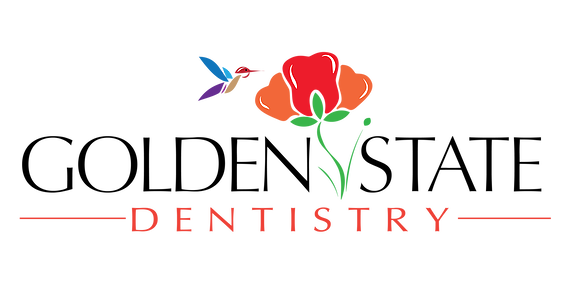 Your tongue is not just a muscle that helps you taste and swallow food; it can also provide valuable insights into your overall dental health. Believe it or not, your tongue can be a window to various oral health issues that you might not even be aware of. By paying attention to the signs and symptoms your tongue exhibits, you can potentially catch dental problems early on and take appropriate action.
Your tongue is not just a muscle that helps you taste and swallow food; it can also provide valuable insights into your overall dental health. Believe it or not, your tongue can be a window to various oral health issues that you might not even be aware of. By paying attention to the signs and symptoms your tongue exhibits, you can potentially catch dental problems early on and take appropriate action.
1. Coating or Discoloration
One of the most common indicators of poor dental health is a coated or discolored tongue. If your tongue appears white, yellow, or even black, it could be a sign of an underlying issue such as poor oral hygiene, dehydration, or even a fungal infection. Cleaning your tongue regularly with a tongue scraper or by gently brushing it can help remove the buildup of bacteria and debris, improving both your oral health and your breath.
2. Unusual Texture
Another important aspect to observe is the texture of your tongue. If your tongue is smooth and glossy, it could indicate a deficiency in certain vitamins or minerals. On the other hand, a rough or bumpy tongue might be a sign of a condition called geographic tongue, which causes irregular patches and can sometimes be uncomfortable. If you notice any unusual textures, it's best to consult with your dentist to determine the cause and seek appropriate treatment.
3. Wavy or Rippled Edges (Scalloped)
Scalloped tongue gets its name from wavy or rippled edges that appear along the sides of a person's tongue. The presence of a scalloped tongue results from pressure on your tongue from grinding, clenching, or swelling that causes a scalloped indentation pattern. The presence of a scalloped tongue may indicate a variety of issues, including dehydration, anxiety, Temporomandibular Joint (TMJ) Disorders, sleep disorders, such as bruxism, and nutritional deficiencies. Treatment will depend on the root cause of the problem.
4. Color Changes
Additionally, paying attention to the color of your tongue can reveal important information about your dental health. A healthy tongue typically has a pinkish hue. However, if your tongue appears red or irritated, it could be a sign of inflammation or infection. Conversely, a pale or bluish tongue might indicate poor circulation or even a potential blood disorder. Monitoring these color changes can help detect underlying health issues and prompt you to seek professional dental advice.
5. Sores or Lesions
Lastly, the presence of sores or lesions on your tongue should never be ignored. These can range from harmless canker sores to more serious conditions like oral cancer. If you notice any persistent sores or unusual bumps, it's crucial to have them examined by a dental professional to rule out any serious underlying problems.
In conclusion, your tongue can reveal a lot about your dental health. By being mindful of its appearance, texture, color, and any abnormalities, you can take proactive steps to maintain good oral hygiene and address any potential issues before they become more serious. Remember, your tongue is not just a silent bystander in your mouth; it's a valuable indicator of your overall dental well-being.
If you notice any of the above symptoms, call our Walnut Creek dental office at (925) 705-7093 to book an appointment or request an appointment online.


.jpg?width=712&name=GSD-Scalloped-Tongue-Causes-and-Treatment-Blog-01.27.2210.21.21%20(1).jpg)











.jpeg?width=425&name=GSD-How-to-Combat-Dental-Plaque-07.22.24-2%20(1).jpeg)



